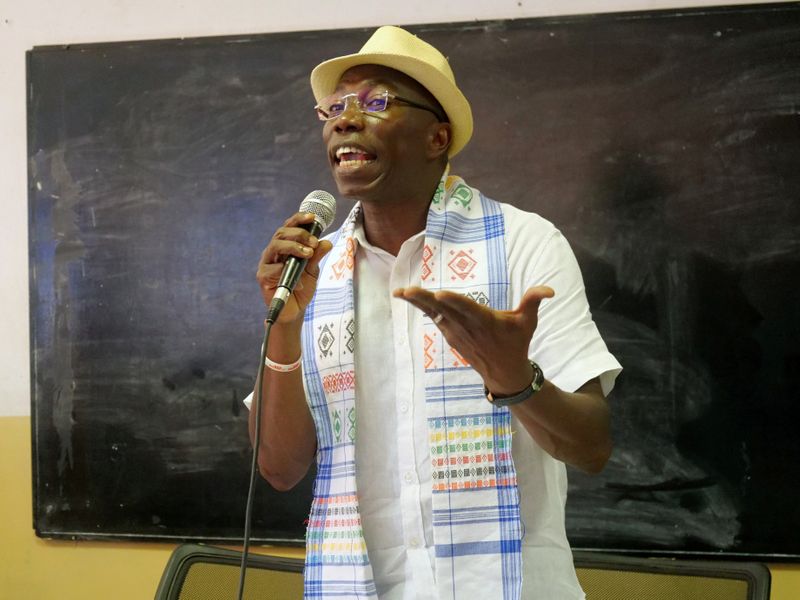BISSAU (Reuters) - The losing candidate in Guinea-Bissau's presidential election filed a Supreme Court challenge on Friday to former prime minister and ex-army general Umaro Cissoko Embalo's victory in a run-off, a court spokesman said.
The electoral commission said on Wednesday that Embalo won the Dec. 29 vote with 54%. But Domingos Simoes Pereira, the ruling party's candidate, complained of fraud, saying that votes surpassed the number of enrolled voters at some polling places.
After a turbulent lead-up, which included protests and political infighting, the two rounds of voting in November and December went smoothly, African observers said, with incumbent President Jose Mario Vaz eliminated in the first round.
Vaz, who is the first Guinea-Bissau president to have completed a full term but whose tenure was marred by political dysfunction and corruption allegations, conceded defeat and threw his support behind Embalo.
The Supreme Court will hear the petition by Pereira's PAIGC party to annul the election results beginning on Monday, court spokesman Salimo Vieira told reporters. It was not clear how long the court could take to decide the case.
Pereira's camp had no immediate comment about the complaint. Embalo says he is the rightful winner of the election.
The announcement of Embalo's victory sparked celebrations in the capital Bissau, which remained calm during the election. People in the country hope the next president can restore order to the political system and tackle widespread poverty.
Years of political turbulence, including nine coups or attempted coups since independence from Portugal in 1974, have hurt the economy, which depends heavily on volatile prices for cashew nuts.
The instability has also made Guinea-Bissau a haven for drug traffickers, who exploit its unpoliced waters and maze of picturesque forested islands.
